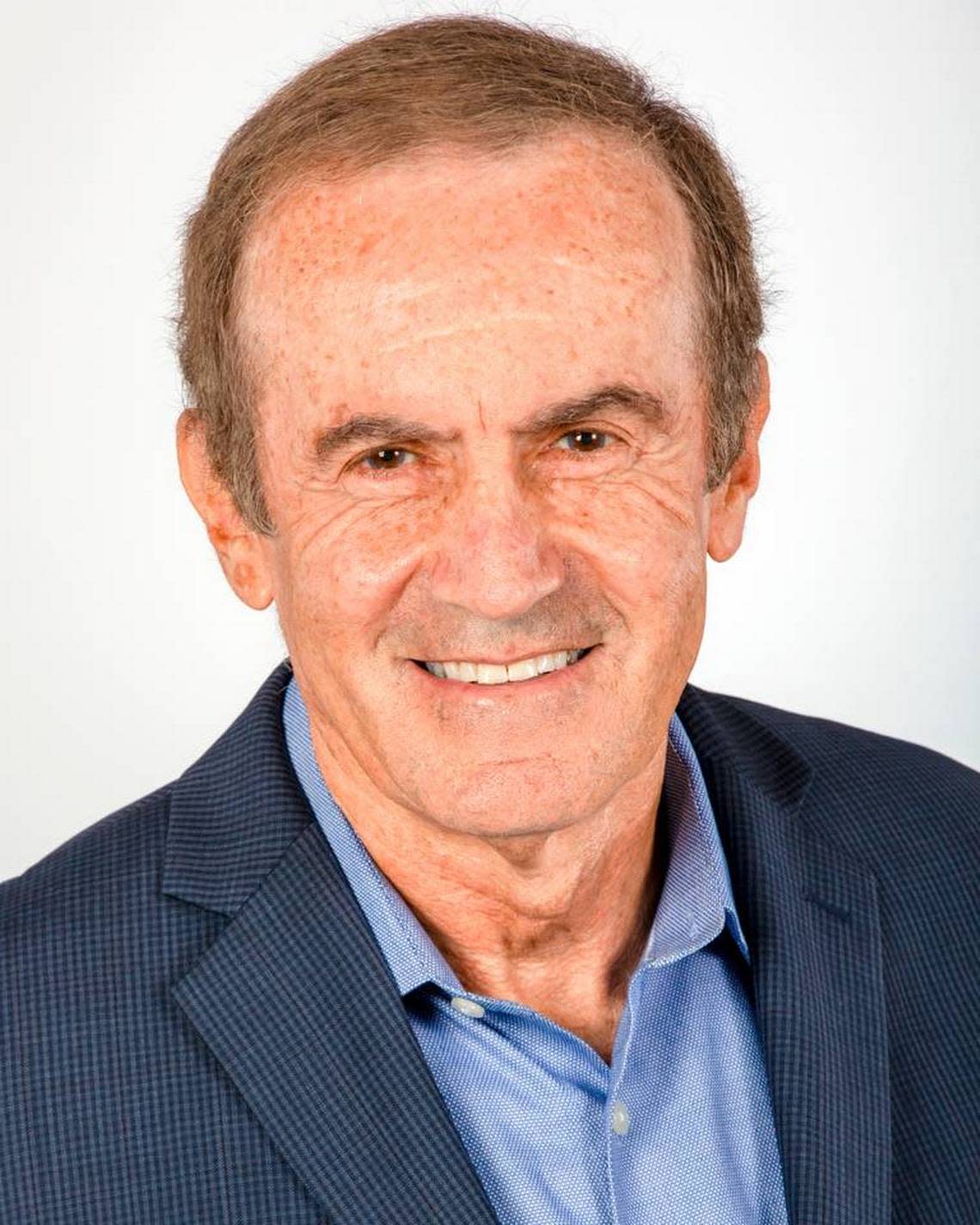Nobel laureate Vargas Llosa nearly died of COVID, but he’s back and vocal as ever | Opinion
Nobel Prize laureate Mario Vargas Llosa, 86, Latin America’s best-known living writer, is pretty pessimistic about the region these days.
When I talked to him extensively recently, he saw only a few rays of hope in the hemisphere. “This is a very bad period for Latin America,” he told me in a zoom interview from his home in Madrid, Spain.
Referring to the recent election of leftist presidents in Colombia, Peru, Chile and the possible victory of former president Luis Inacio Lula da Silva in Brazil’s elections in October, he said that he’s afraid that, “It won’t end up well in any of these cases.”
Making things worse, the COVID-19 pandemic has hit Latin America much harder than most other places in the world, he said. More than 1.7 million people have died from the virus in the region, and most countries’ economies have yet to fully recover from the pandemic.
Vargas Llosa, who has just published a book titled “The Quiet Look,” an essay on late Spanish novelist Benito Perez Galdós, was infected with COVID-19 in April. He told me that while he’s OK now, he had to be hospitalized and almost died.
“I effectively couldn’t breathe, so at one point I was almost in a comatose state,” he told me. “The worst part was that it took the ambulance nearly two hours to pick me up. Those two hours that I spent waiting for oxygen were a horrible experience.”
Vargas Llosa says much of Latin America’s fate in light of the recent leftist victories across the region “will depend fundamentally on Cuba.” He explained that many of the recently elected presidents have a far-left base that is close to the Cuban dictatorship, which could keep the new heads of state from shifting to the center.
He is especially worried about his native Peru, where he said President Pedro Castillo, a former rural elementary school teacher, is “an illiterate” who is dragging the country into bankruptcy. “He’s the worst president in Perú’s history,” he added.
Castillo, who was elected as candidate of a self-declared Marxist party, has been besieged with corruption investigations.
“My hope is that there will be a majority in Congress that proposes his ouster, that it will pass, that there will be new elections and that Peruvians make a better choice next time,” he said.
On Colombia, where former leftist guerrilla and Bogota mayor Gustavo Petro is scheduled to take office on Aug. 7, Vargas Llosa said he fears Petro’s far-left base may push him to adopt radical measures.
On financially crippled Argentina, Vargas Llosa said that, “As long as Argentines don’t get rid of the Peronist populism that has brought about all the ills in the world to that country, Argentina won’t be able to get out of the trap in which it finds itself.” He added, “My hope for Argentina is that (former President Mauricio) Macri will win the next elections.”
On Brazil’s upcoming election, he said that if he were Brazilian, he would abstain from voting. Current right-wing president Joao Bolsonaro “is a clown,” and his main rival, former leftist president Lula, has been at the center of huge corruption scandals, he explained.
The only bright spots that Vargas Llosa sees in the region are Uruguay and Ecuador, whose pro-business leaders are helping their countries grow and reduce poverty, he said.
Asked about the United States, Vargas Llosa told me that former President Trump “led the United States to a point in which democracy itself was at risk.” But he expressed optimism that “the American people will not elect a person like Trump again. I think there are many Republicans who are much better than Trump.”
I agree with many of Vargas Llosa’s opinions, although I’m not as pessimistic as him about Latin America’s drift to the left.
Unlike in the 2000s, when much of the region was ruled by leftist governments that benefited from record world commodity prices, Latin American countries are financially strapped nowadays. It will be harder for the newly elected leftist leaders to engage in radical populist experiments, like late Venezuelan demagogue Hugo Chavez did when oil prices reached nearly $150 dollars a barrel.
But I admire Vargas Llosa’s willingness to speak without fear of annoying anyone, and his enthusiasm for his work (he’s writing a novel about Peruvian music). I wish him many more years of good literature, and bombastic political statements.
Don’t miss the “Oppenheimer Presenta” TV show on Sundays at 7 pm E.T. on CNN en Español. Twitter: @oppenheimera

